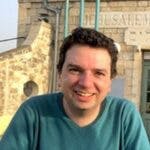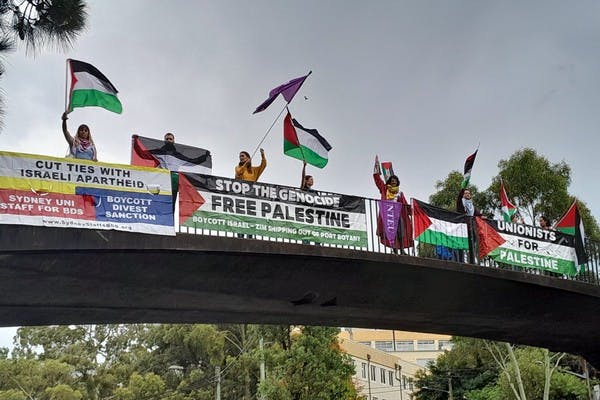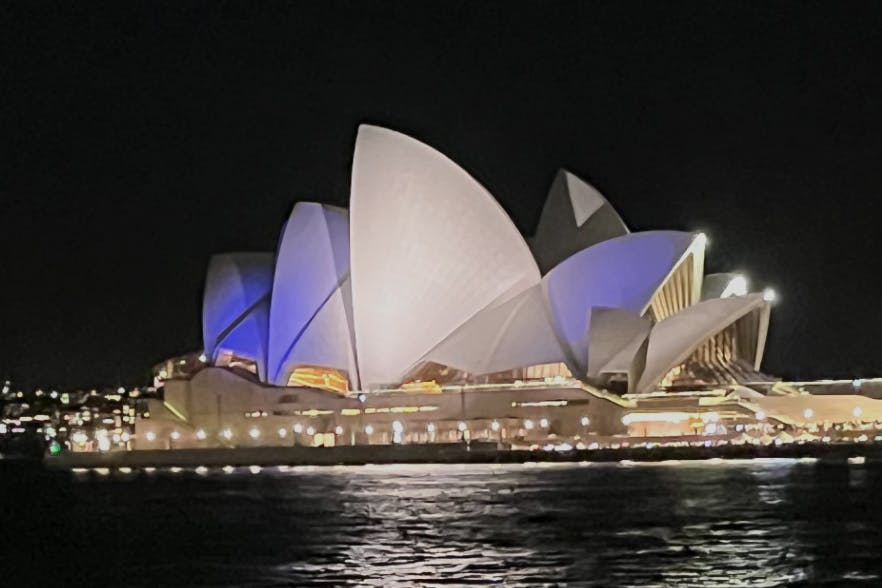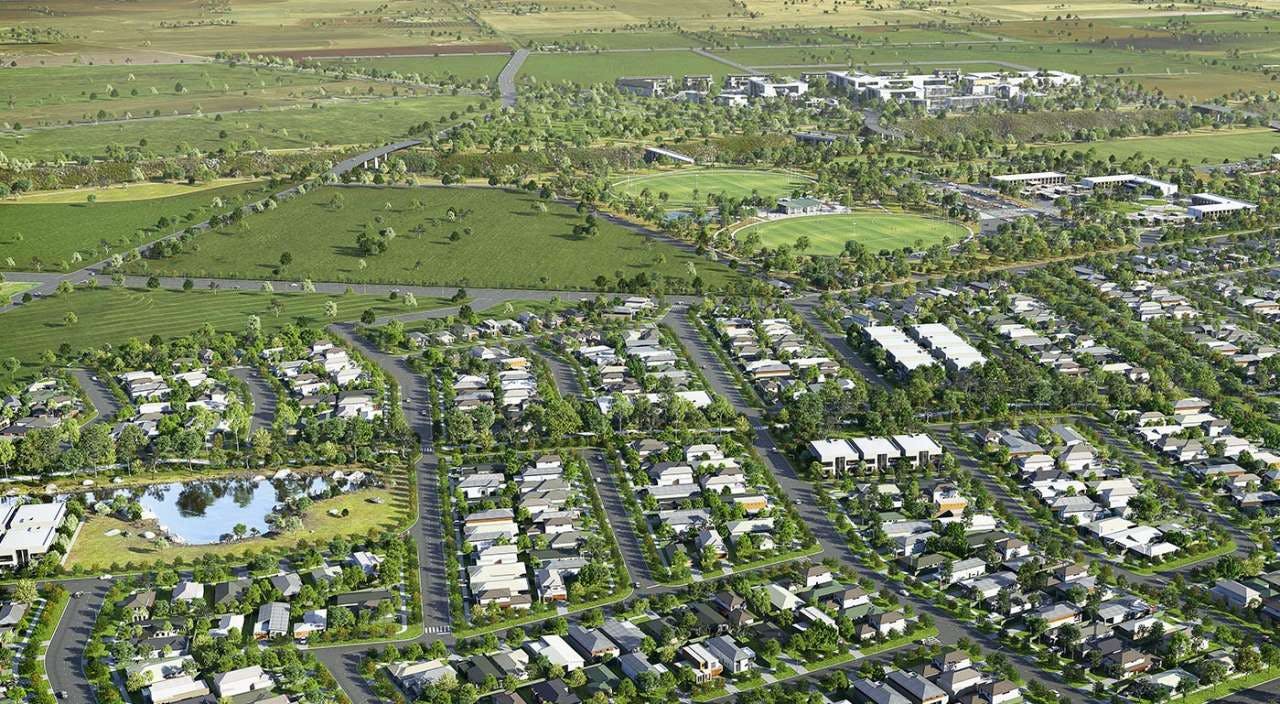Published: 23 January 2024
Last updated: 19 March 2024
Visiting the camps left some students both shocked and empowered but there was little space to talk about the emotional impact, writes ITTAY FLESCHER, who taught at Melbourne Jewish schools for 15 years.
What is the appropriate age to explore one of the darkest chapters in Jewish history?
In 2014, Israel’s Education Ministry expanded its Holocaust teaching program to the entire school system, including kindergartens. The ministry explained that on Holocaust Remembrance Day, the public sphere is rife with rituals such as the minute of silence during an air raid siren that kindergarten teachers have to explain to children, so it decided the responsible course of action would be to prepare them.
I saw what this looked like when my son was aged eight and in grade three at a public school in Jerusalem. Each week, he would be given 15 spelling words to practice for the coming week. In the lead-up to Yom Hashoah, he was assigned the following words: Sad, horrible and menacing, tragedy, World War II, Europe, Nazis, to conquer the world, yellow star, hiding, ghetto/ghettos, (concentration) camp, save, help, Righteous Among the Nations, from Holocaust to revival.
I asked him if he knew what any of these words meant within the context of World War II. He gave me a blank stare, replying, “The teacher said we just need to know how to spell them, not what they mean.” I’m not sure if I felt relieved or distressed. At the same time, I lamented why the words United Nations, war crimes, human rights, and racism weren’t on the list, but perhaps I know the answer.
It is a story I think about when pondering the question of what the right age is to teach the Holocaust to children. In Israel, they begin from age six, but most Australian Jewish children only start learning about the Shoah around their Bnei Mitzvah years of 12 and 13.
There are few Jewish day schools in Australia that have history units on the 2600-year history of Iraqi Jewry or the 900-year history of Polish Jewry, yet every school has a unit on the six-year genocide of the Jewish people. Perhaps this is understandable given that proportional to the size of its population, only Israel accepted more Holocaust survivors than Australia.
While MOTL prepared the students well with seminars before, and counsellors on the trip, what they saw was hard for many to comprehend and process.
And while there is almost universal agreement on the importance of teaching Shoah, there are differences of opinion among educators about how and why to do it. Within this debate sits a popular and controversial program called The March of the Living (MOTL), founded in 1988, a concept given momentum by Claude Lanzmann’s documentary of 1985, Shoah.
An annual educational program that brings students from around the world to Poland to explore the remnants of the Holocaust followed by a visit to Israel to celebrate Jewish survival by marching through the Old City of Jerusalem, MOTL has brought thousands of Australian teenagers to Auschwitz and Jerusalem since 1988.
I remember noticing the change in many Year 11 students who went on the program during my 15 years teaching at Melbourne’s King David School (2003-10) and Mount Scopus (2011-18). While MOTL prepared the students well with detailed history seminars before the trip, and responsibly had counsellors with them throughout the journey, what they saw in Poland was hard for many of them to comprehend and process at the young age of 17.
While most of their peers had spent the month of May studying for exams, scrolling on their phones, flirting or going out for hot chocolates with their friends, these teens visited up to four concentration camps in less than a week where millions of their ancestors were brutally murdered. The program left them both confused and empowered. They were lost, angry and shocked by what they witnessed. They also felt the need to speak about it to all who would listen, yet found it wasn’t a conversation they could have with their peers.
Their feelings of detachment were short-term, a couple of weeks at most, but I don't remember the school getting involved much, as it was an external program which it didn’t run. Likewise, teachers didn’t talk about it much as it wasn’t their program.

It is now 78 years since the end of the Holocaust, and no one who has sought to confront its enormity claims to understand it, , says Leonard Fein, former editor of Moment, the US magazine he founded with Elie Wiesel. “It was, and remains, a mystery, understood only in its fragments, perceived only through questions that dangle miserably, questions that have not been, perhaps cannot ever be, answered.
“Where was God? Where was man? What were they thinking when, before killing, they dehumanised? Was their sleep troubled thereafter? For how long? What enabled some, more than a few though fewer than many, to risk everything to save a Jew? There are no answers.”
I remember talking to the students upon their return to Australia, reflecting that the program did a great job in opening these conversations, but also wondering how to help their young minds process such questions that were unanswerable to me as an adult, and perhaps even more to them as children. I spoke to kids from my class who went to MOTL, but don’t know if other teachers did.
Their feelings of detachment were short-term, but I don't remember the school getting involved much, as it was an external program which it didn’t run.
In Israel recently, there has been growing criticism of Holocaust trips. Some on the Left say the March of the Living school trips are “a pre-army motivational camp” that are more about increasing motivation to take senior roles in the IDF than Holocaust education.
In 2022, then foreign minister Yair Lapid cancelled all trips from Tel Aviv after Poland barred Israeli delegations from learning about the role of Polish citizens in collaborating with Nazis during the Holocaust.
The third major criticism came from religious Zionist leaders such as Rav Shlomo Aviner, who said: “We should not provide financial gains to the extremely wicked Polish who allowed the establishment of concentration camps in their territory. They knew that the Germans were annihilating Jews and they looked upon this with joy. They were of one heart with the Nazis; it was therefore not by happenstance that the concentration camps were established precisely there.”
In response, Poland trips today are very different from 20 years ago, with a growing emphasis on how Jews lived and thrived in Poland, rather than just focusing on how they were murdered. MOTL Australia also provides a wider spectrum of speakers on the Israeli-Palestinian conflict, in addition to inviting non-Jews onto the adult trip.
Ultimately, it will be up to parents and educational institutions to decide when and how to teach the Holocaust, and all would be wise to take heed of the words of Sharon Kangiser Cohen, editor of Yad Vashem Studies, who always tells educators that “the Holocaust is the easiest thing to teach because it appears to be so black and white, but the hardest thing to teach well”.
Delegation, a film about Israeli students visiting Poland, will screen at JIFF supported by The Jewish Independent, which will host a discussion after the screening about adolescent trips to Holocaust sites. Find out more.
Photo: MOTL website




